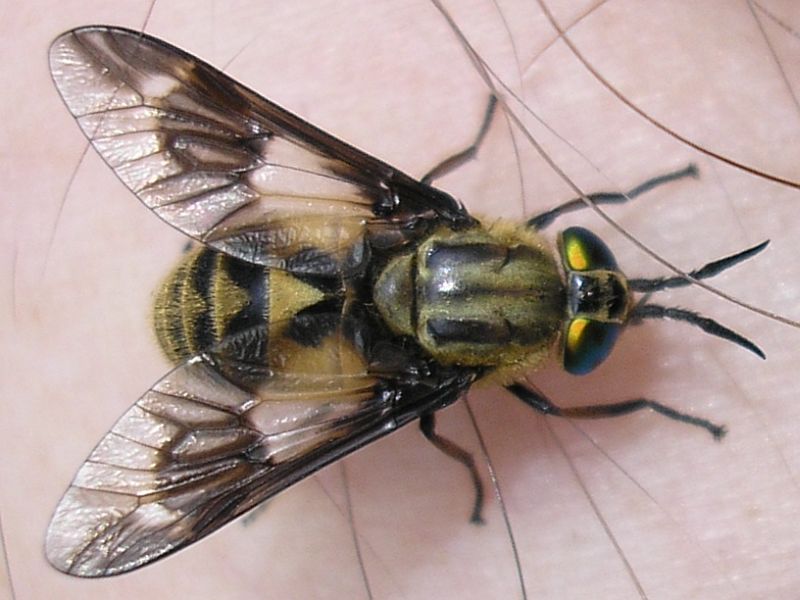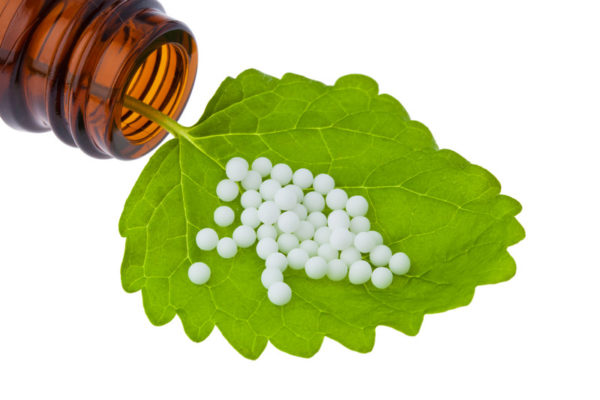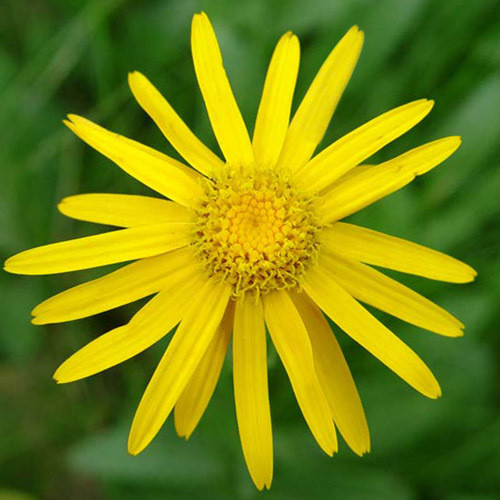Oh Deer…these flies are nasty!
Deer flies, scientifically known as Chrysops spp., are a type of biting fly that belongs to the Tabanidae family. They are commonly found in woodland areas and near bodies of water. Deer flies, like other blood-feeding insects, serve various ecological purposes in the natural world. While they may be considered nuisances to humans and animals due to their biting behavior, they fulfill important roles in the ecosystem. Here are a few ways in which deer flies contribute:
- Pollination: Deer flies, especially female ones, often feed on nectar and plant sap in addition to blood meals. While seeking nectar, they inadvertently transfer pollen from one flower to another, aiding in the pollination process. This is particularly relevant for certain plant species that rely on these flies or other insects for successful reproduction.
- Decomposition: Adult deer flies are primarily nectar feeders, but their larvae play a significant role in decomposition. Deer fly larvae are aquatic and typically inhabit moist areas near water bodies. They consume organic matter, including dead plants, insects, and even small invertebrates. By breaking down and recycling organic material, deer fly larvae contribute to nutrient cycling in aquatic ecosystems.
- Food Source: Despite their biting behavior, deer flies serve as a crucial food source for other organisms in the ecosystem. Many insectivorous birds, bats, and other predators rely on deer flies as a part of their diet. By being a food source for these animals, deer flies contribute to the overall food web and energy flow within ecosystems.
- Biodiversity: The presence of deer flies, along with other insect species, contributes to the overall biodiversity of ecosystems. Insects play critical roles in maintaining the balance of ecosystems, and their presence supports the health and stability of natural communities.
Homeopathic remedies useful in treating deer fly bites:
- Ledum palustre: This remedy is often recommended for insect bites and stings, including deer fly bites. It is believed to help reduce swelling and relieve itching.
- Staphysagria: This remedy may be used for treating itching, pain, and inflammation caused by insect bites, including deer fly bites.
- Urtica urens: This remedy is commonly used for various types of itching, including itching caused by insect bites. It is believed to have anti-inflammatory properties.
Ledum is also a great remedy to take prophylactically to reduce the risk of negative side effects from insect bites!







